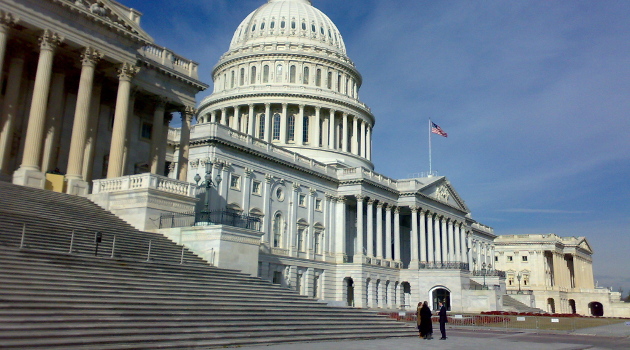
by Dan Mitchell | Oct 9, 2019 | Blogs, Economics, Taxation
The New York Times is going overboard with disingenuous columns. A few days ago, I pointed out the many errors in David Leonhardt’s column extolling the wealth tax. I also explained back in August how Steven Greenhouse butchered the data when he condemned the American...

by Dan Mitchell | Oct 5, 2019 | Blogs, Economics, Free Market
Last century, I remember reading about the “Washington Consensus,” which was a term that was used to describe the kind of policy advice in those days provided to (or imposed upon) the developing world by the IMF, World Bank, and U.S. Treasury. I never studied the...

by Dan Mitchell | Oct 3, 2019 | Blogs, Economics, Taxation
I sometimes mock the New York Times for dodgy and inaccurate writing about economics. Though, to be fair, the paper has many sound journalists who do a good job, so I should be more careful about explaining that the mistakes are the result of specific reporters and...

by CF&P | Oct 1, 2019 | Blogs, Economics
Today, October 1, is the 70th anniversary of communists seizing power in China. Given the horrible consequences of Mao’s rule, including tens of millions of deaths from famine and tyranny, this tweet from President Trump seems rather inappropriate. Congratulations to...

by Dan Mitchell | Sep 30, 2019 | Blogs, Economics, Taxation
I was interviewed a couple of days ago about rival tax plans by various Democratic presidential candidates. It’s the “Class Warfare Olympics,” and even Joe Biden is thinking about going hard left with a tax on financial transactions. It’s not just Joe Biden’s crazy...






